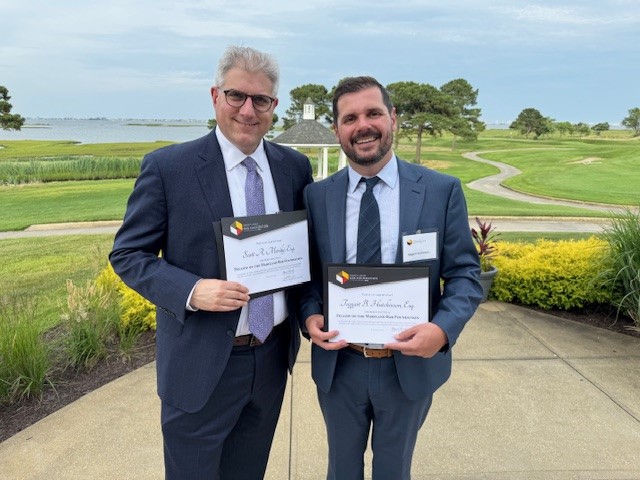
With the holiday season upon us, it’s time to consider your 2015 tax projection and consider making some moves before December 31. There are dozens of expired tax breaks that Congress has not yet renewed for this year. Unless something gets brought up in the budget and is passed as an extenders bill, those are no longer available.
Tax Externders
Some of the 2015 tax extenders include:
- Schoolteachers ability to take an above-the-line deduction for classroom supplies that they have purchased on their own,
- Take a deduction as interest for mortgage insurance premiums,
- Take a deduction for sales tax instead of income taxes for taxpayers who live in states with low income taxes or who had many sales tax expenses, and
- Qualified charitable distributions that people with IRAs can give directly to a charity.
Even if they were valid deductions in prior years, they might not be this year if Congress fails to extend them.
2015 Projection Compared to 2014 Tax Return
You should take out last year’s tax return for 2014 and start to consider what you have thus far for 2015 and see if things are different. If you think you might be in alternative minimum tax this year, if you were last year and you have similar income and expense items, there’s a good chance you will be again. If something has changed in your life or you had some stock losses this year, those may have an impact on your tax bracket. Having a clear picture of what your 2015 projected tax bracket will help you make year-end tax decisions.
Once you have a 2015 projection and tax bracket assessment, then you can decide what actions to take. Either accelerate income into this year or defer income into next year. Are you going to get the benefit of deductions this year, things like charitable deductions and real estate taxes? Many of those are within your control as to when you’re going to incur those expenses, whether you make estimated state income tax payments at the end of the year, or wait until the beginning of next year. Identifying what kind of benefit you get out of those expenses is a great tax planning tool to keep in mind over the next month.
Estate Planning
The end of the year is a good time for high net worth people to make estate planning decisions. For example, use your annual gift exclusion to give up to $14,000 a year to as many people as you choose. This expires every year if you don’t use it by December 31. Make sure you’ve thought through that and made the appropriate gifts that you want to make during the year. It’s also a good time to look to see what lifetime exclusion you have left, and decide if you want to do some additional gifting or not. Then also take into account that there are potentially some tax regulations that may come out to deal with taking discounts on certain types of assets that are gifted. It’s important to understand that and see how it fits into the potential planning that you are doing around year-end.
The Affordable Care Act
The Affordable Care Act will be an important part of tax planning for some taxpayers. With the Affordable Care Act comes a tax penalty if you don’t have health insurance, and that’s higher this year than it was last year. If you were subject to that penalty because you didn’t get health insurance, then you’re going to have a higher penalty if you still haven’t done it.
Another issue associated with the Affordable Care Act is the Net Investment Income Tax, a 3.8 percent tax on investment-type income, such as interest, dividends and capital gains. If your income has gone up, in 2015 you may enter the bracket that includes the Net Investment Income Tax. Keep your eyes out for any changes from prior years and start to think about additional taxes that may affect you.
Miller, Miller & Canby has assisted clients with business law, tax planning and estates & trusts for 70 years. Glenn Anderson leads the Business & Tax and Estates & Trusts practice groups at Miller, Miller & Canby. As both a CPA and a practicing attorney, he has developed a recognized expertise in taxation law.
Please feel free to contact Glenn or any of the business & tax planning attorneys at Miller, Miller & Canby with your tax planning needs. View more information about Miller, Miller & Canby’s Business & Tax practice by clicking here. View more information about Miller, Miller & Canby’s Elder Law and Estates & Trusts practice by clicking here.








Share this Article: